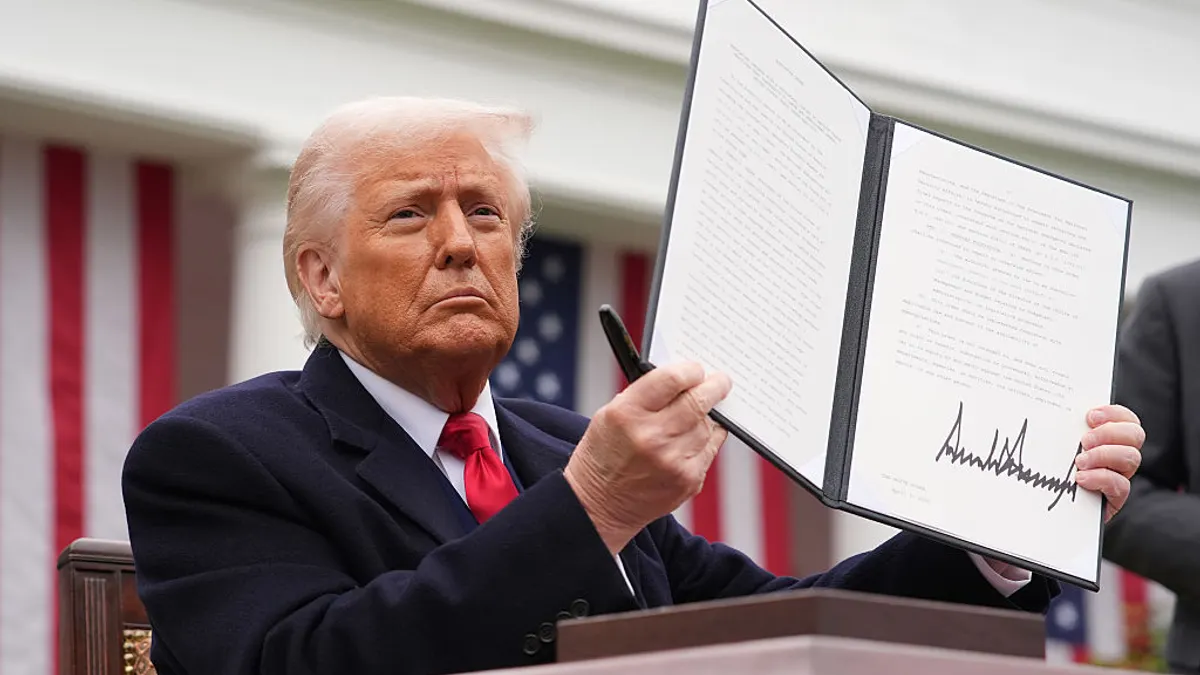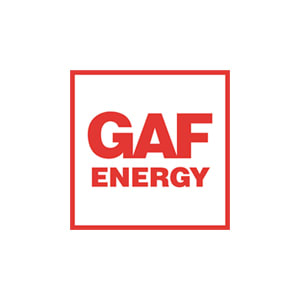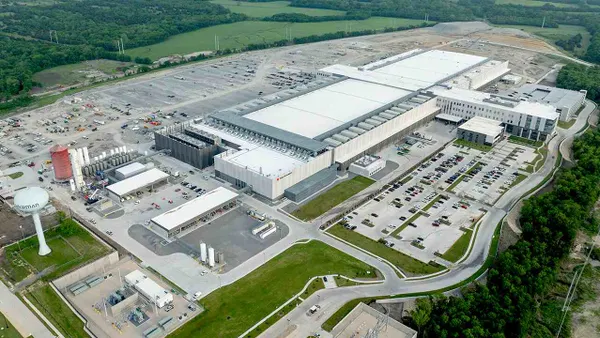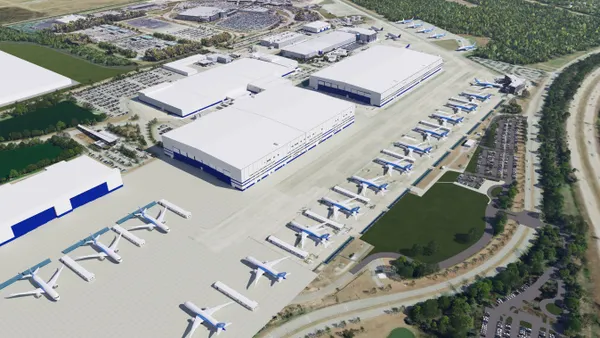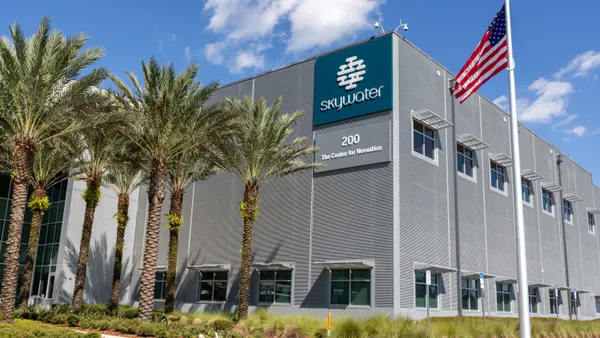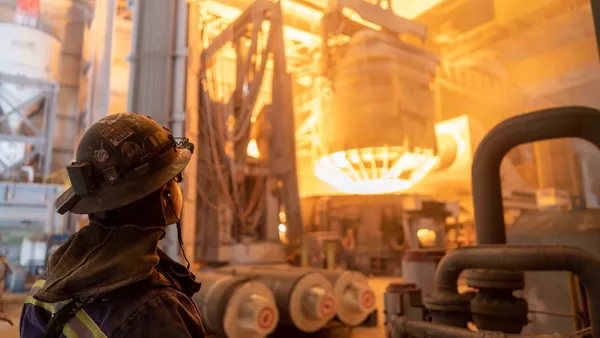The Supreme Court agreed on Tuesday to an expedited hearing on the legality of President Donald Trump's sweeping tariffs on U.S. trading partners.
The high court allotted one hour for oral arguments in the first week of November and gave all parties in the case, V.O.S. Selections, Inc., v Trump, until Sept. 19 to file opening briefs, followed by an Oct. 20 deadline for response briefs. The case consolidates two separate lawsuits filed by five small businesses and 12 states.
The Trump administration on Sept. 3 asked the Supreme Court to review a ruling by the Court of Appeals for the Federal Circuit that found Trump's use of the International Emergency Economic Powers Act to circumvent Congress's tariff-setting constitutional authority was illegal.
The Federal Circuit ruling on Aug. 29 upheld a similar finding from May by the U.S. Court of International Trade, which permanently enjoined enforcement of the challenged tariff orders. In a 7-4 decision, the Federal Circuit court delayed issuing a mandate striking down the levies until Oct. 14 to allow the administration time to seek a Supreme Court review.
The administration has urged an expedited review of the case, arguing that the current uncertainty over the legality of the tariffs is damaging ongoing trade talks with other nations.
“The en banc Federal Circuit’s erroneous decision has disrupted highly impactful, sensitive, ongoing diplomatic trade negotiations, and cast a pall of legal uncertainty over the President’s efforts to protect our country by preventing an unprecedented economic and foreign policy crisis,” Solicitor General John Sauer said in the administration filing seeking the Supreme Court review.
Meanwhile, in a Sept. 5 filing, a group of small businesses urged the Supreme Court to act quickly because of the damage tariffs were causing to their operations.
"The unlawful tariffs are inflicting profound harms” on the petitioning businesses, the filing said, noting that the severe economic hardships are “a result of price increases and supply chain interruptions caused by the tariffs.”


